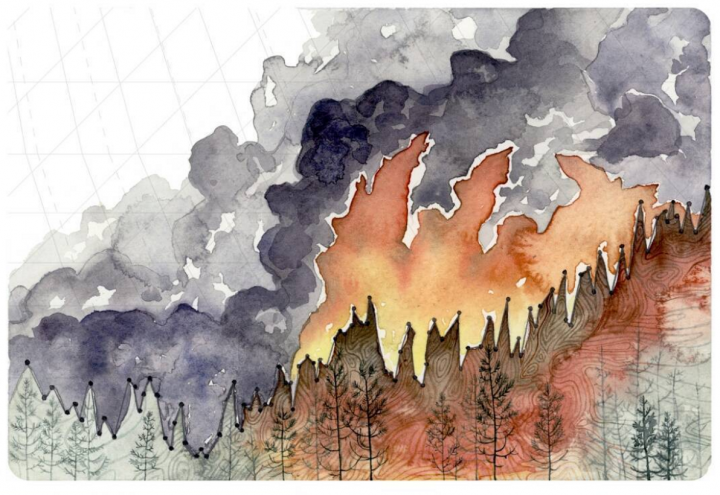





Climate Change










Climate change poses a grave threat to the planet and its inhabitants due to its far-reaching impacts.
The increase in global temperatures leads to a myriad of consequences, including more frequent and severe
natural disasters such as hurricanes, droughts, floods, and wildfires. These events not only result in the
loss of human lives but also devastate ecosystems, causing loss of biodiversity and disrupting delicate ecological
balances. Rising sea levels threaten coastal communities and island nations, displacing millions and leading to
increased conflict over resources. Furthermore, climate change exacerbates existing social and economic inequalities,
disproportionately affecting vulnerable populations who lack the resources to adapt to its effects.
To mitigate the effects of climate change and prevent further damage, urgent action is required on a global scale.
Transitioning to renewable energy sources such as solar, wind, and hydroelectric power is crucial in reducing greenhouse
gas emissions. Implementing policies that promote energy efficiency, sustainable transportation, and conservation efforts
are also vital steps. Additionally, investing in research and development of green technologies and practices can accelerate
the transition to a low-carbon economy. However, if we fail to take meaningful action, the consequences will be dire. Continued
unchecked climate change will lead to more frequent and severe weather events, widespread food and water shortages, mass
displacement of populations, and irreversible damage to ecosystems. Ultimately, the very habitability of the planet for future
generations is at stake.